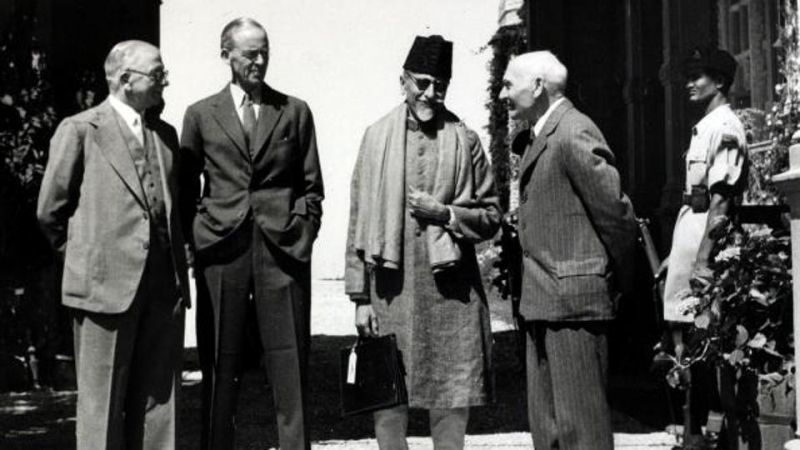BY Syeda Hameed
In 2008, November 11 was designated as the National Education Day to commemorate the birthday of Maulana Abul Kalam Azad, independent India’s first education minister. But today everyone seems to have forgotten not just the day, but also Azad, one of India’s tallest leaders. Even the University Grants Commission (UGC), which was established under his tenure, does hardly anything noteworthy to remind the nation of Azad’s contribution to the education sector of the country. Other than the UGC, the first Indian Institute of Technology, Indian Institute of Science, School of Planning and Architecture were set up when he was the education minister (1947 to 1958). He was also the architect of the sahitya, sangeet-natak and lalit lala akademis and Indian Council for Cultural Relations and the science councils.
Other than spearheading India’s education sector, Azad must also be remembered for his political thoughts that stressed on Hindu-Muslim unity. In 1923 as the youngest Congress president, Azad spoke at the Indian National Congress’ special session in Delhi. “Today if a Farishta were to descend from Heaven and declare from the heights of the Qutab Minar that India would get Swaraj within 24 hours, provided she relinquishes Hindu-Muslim unity, I will relinquish Swaraj rather than give up Hindu-Muslim unity. Delay in the attainment of Swaraj will be a loss for India, but if our unity is lost it will be a loss for entire mankind,” he said. The nation has also forgotten that Azad gave the first call for Swaraj in 1912 when he launched Al Hilal from Calcutta. In 1988, however, the nation celebrated his birth centenary with a lot of energy and enthusiasm. It recalled his literary masterpieces, which includes magnum opus Tarjumanul Quran, the best translation, and explication of Koran.
The speeches he made before Independence and in Parliament are still the best examples of statesmanship and elegant prose. He made incisive points without compromising his or opponent’s dignity. He, however, never wrote or allowed anyone to write his biography. But he did write letters from Ahmednagar prison where he was incarcerated with Jawaharlal Nehru and other leaders.
The English media has forgotten him; only the Urdu media remembers him: Public gatherings were held in Uttar Pradesh, Bihar, and Delhi this year but unfortunately only in Muslim pockets. One news photo in an Urdu paper showed two Muslim leaders (one each from the Congress and the BJP) offering flowers at his grave.
If there is a time we need Azad’s secular political credentials, it is now.
Courtesy: Hindustan Times

